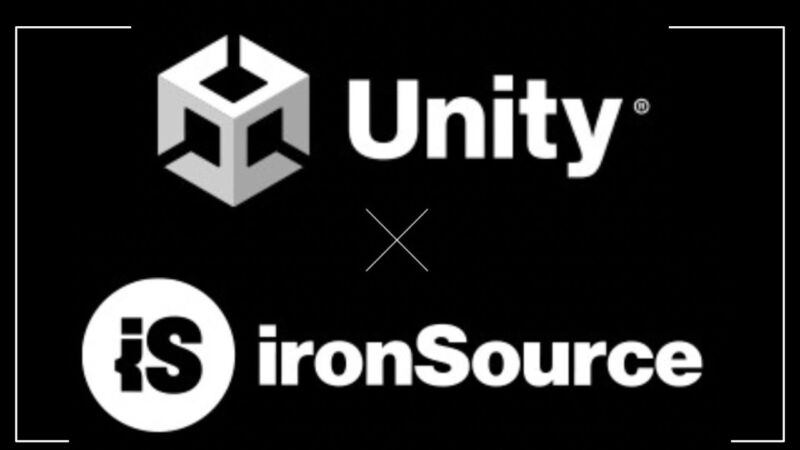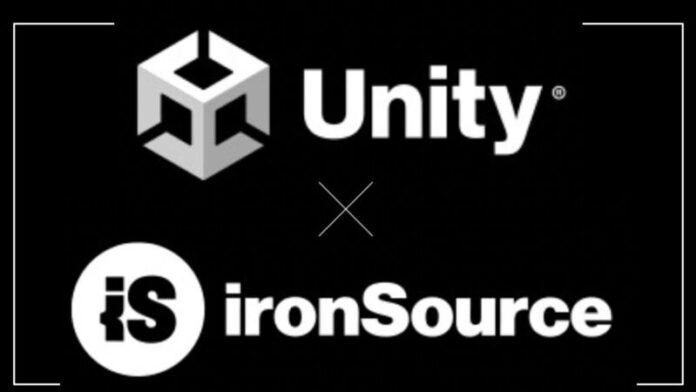
Enlarge / A push for more IronSource customers may have been a major motivation behind Unity's controversial install-fee proposals (credit: Unity)
It's been over a month now since Unity partially backtracked on its controversial proposed "pay per install" fee structure, a trust-destroying saga that seems to have contributed to the retirement of Unity CEO John Riccitiello. Now, a new report highlights some of the internal divisions over the "rushed-out" policy introduction and provides new insight into what may have been motivating the company to even attempt such a plan.
Business-focused site MobileGamer.biz cites multiple "sources from inside Unity and across the mobile games business" in reporting that Unity received some significant pushback from senior-level managers before rolling out its initial fee-restructuring plans. "Half of the people in that meeting said that this model is too complicated, it’s not going to be well-received, and we should talk to people before we do this," one anonymous source told the site. "It felt very rushed. We had this meeting and were told it was happening, but we were not told a date. And then before we knew it, it was out there."
After the negative reaction to that initial plan, Unity reportedly considered a modification that would take up to 4 percent of revenue from the largest Unity publishers—slightly under the 5 percent charged by the Unreal Engine. The final policy knocked that cap down to 2.5 percent only after the extent of the backlash became clear.
Read 6 remaining paragraphs | Comments
Ars Technica - All contentContinue reading/original-link]




